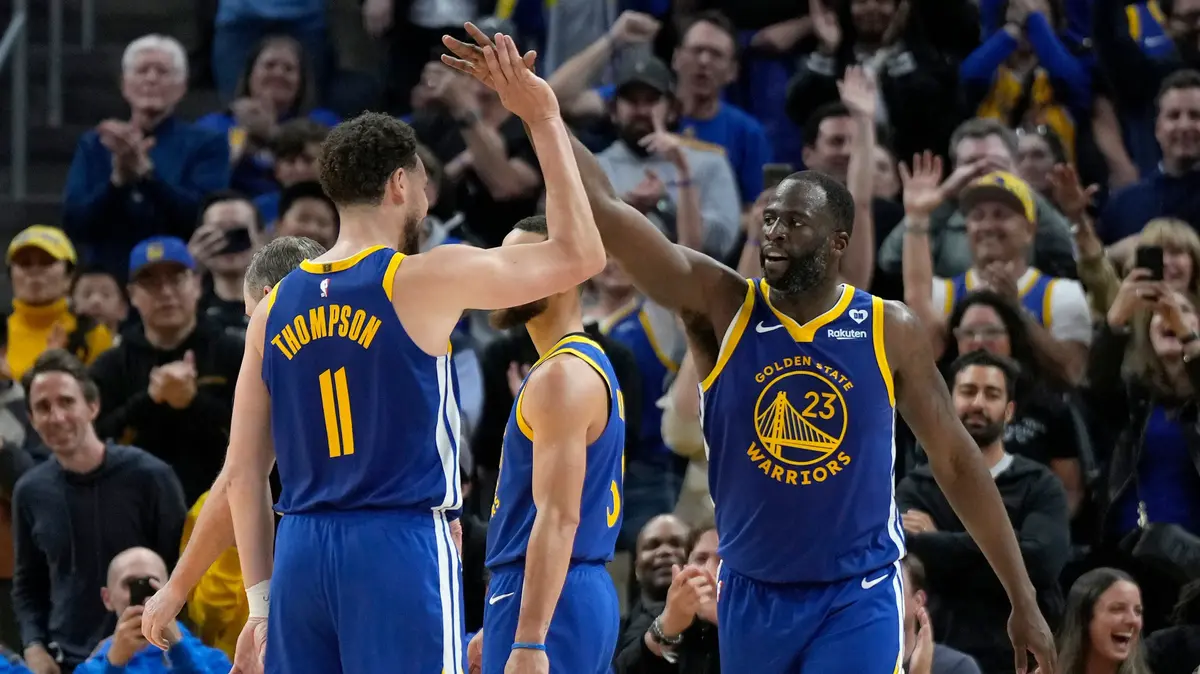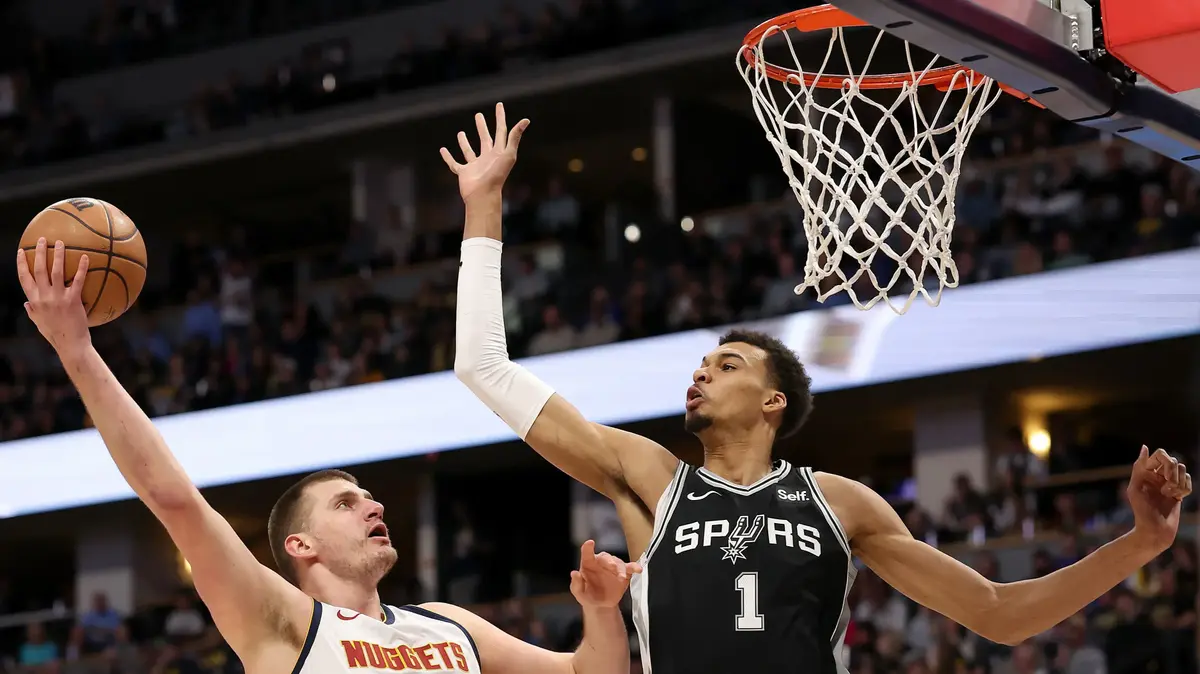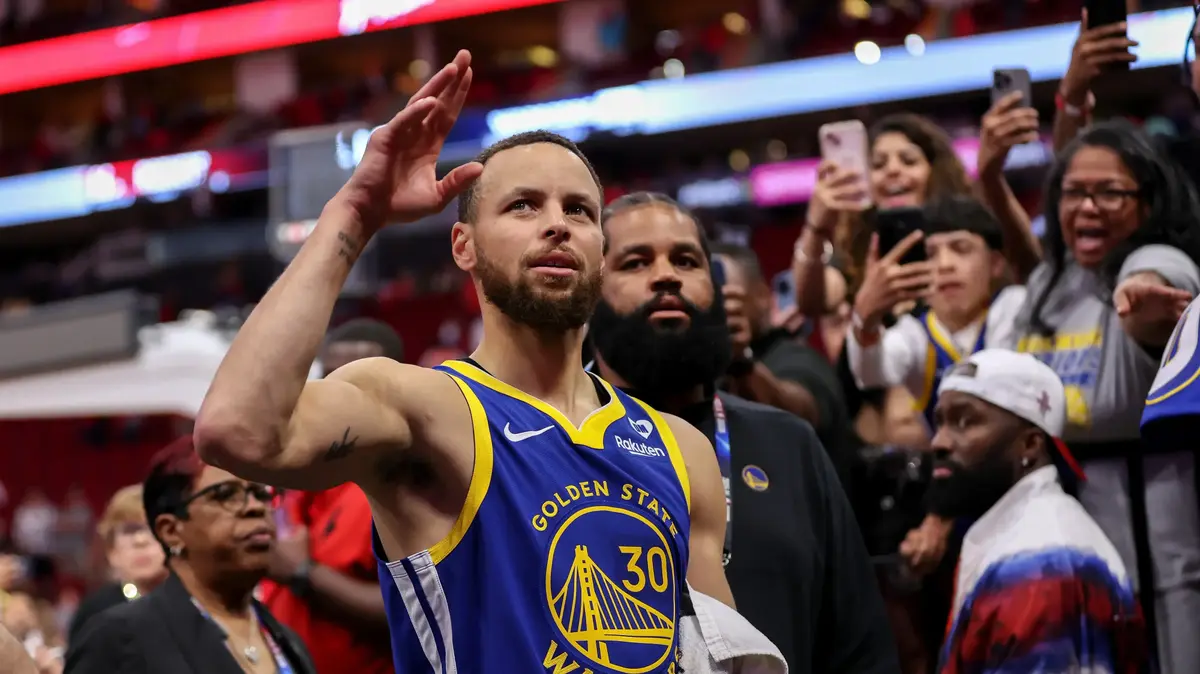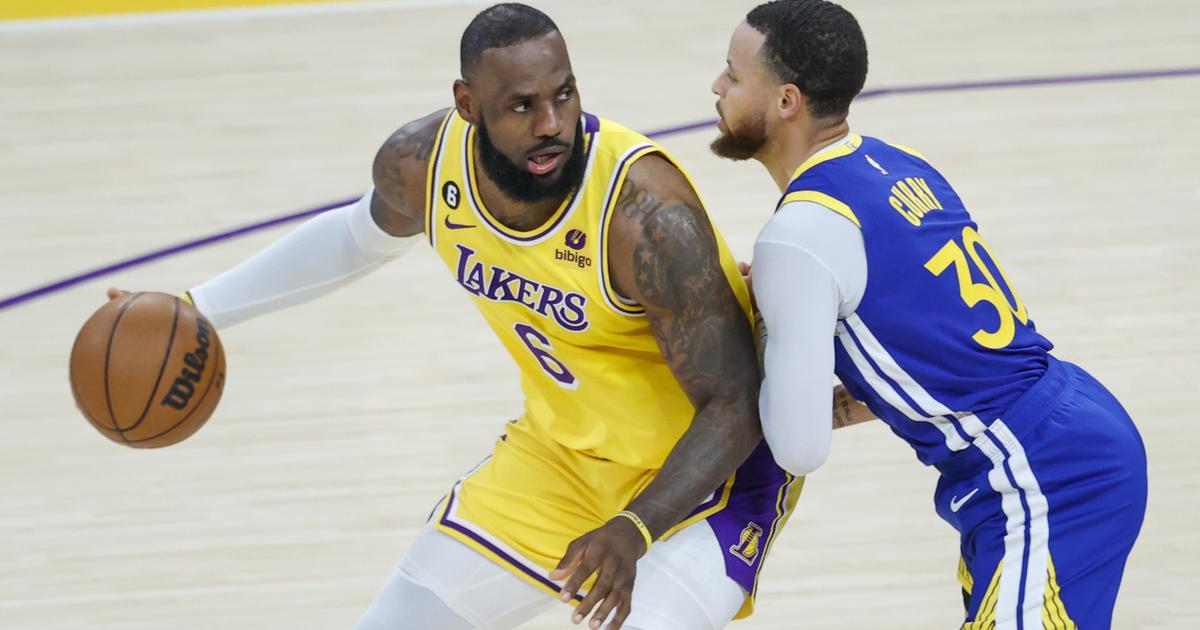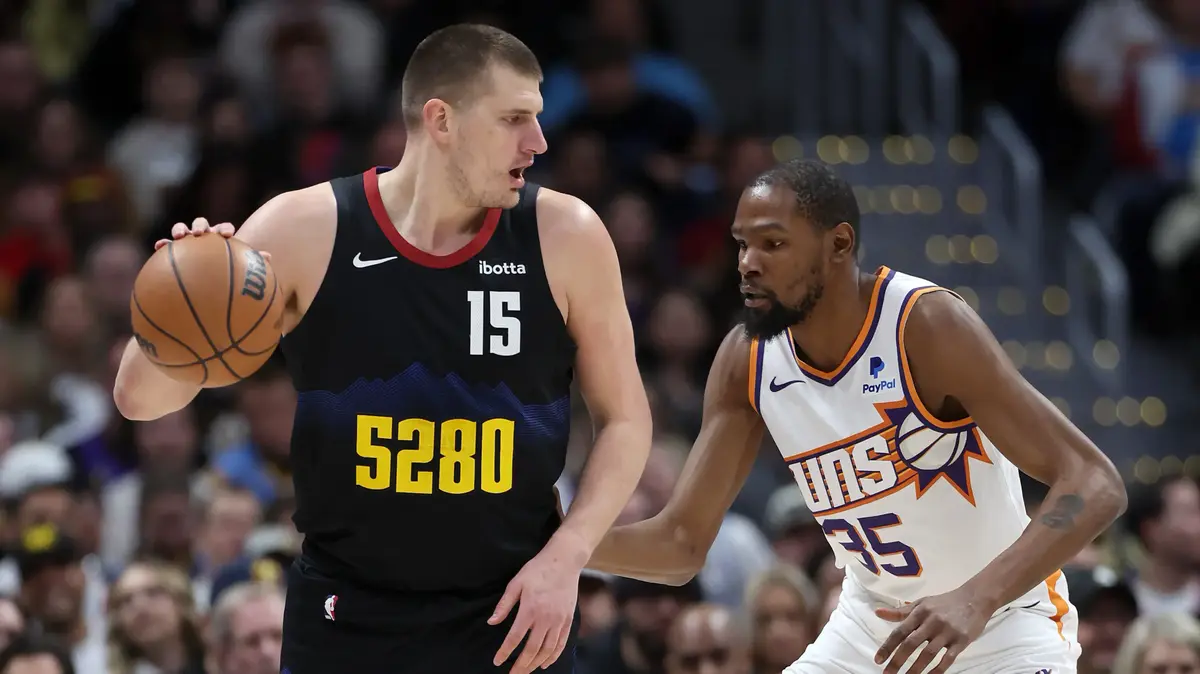A few weeks ago, various media echoed the news published by RMC Sport that the Cameroonian player and NBA star, Joel Embiid, had started the administrative procedures to obtain French nationality and thus be able to play with the national team of basketball the 2024 Paris Olympics. The article added that once Embiid finished the season with the Philadelphia 76ers, who were eliminated in the conference semifinals in mid-May, he would travel to France to finish processing the file.
There have been rivers of ink about the qualitative leap that it would mean for the French team to be able to count on the 28-year-old pivot, but beyond the basketball aspect, that an elite athlete be granted the nationality of a country with which he has an extremely weak connection is a debate that must also be put on the table.
This practice is not new in the field of basketball, since during the last decades it has occurred quite regularly, especially with American players.
It has reached the point where there have been players who have obtained the nationality of countries that they did not even know how to locate on the map, such as Mike Tobey, who obtained the nationality of Slovenia to be able to participate with the national team in the 2020 Tokyo Olympics.
On other occasions, the interested player had never set foot in the country that gave them nationality, such as Earl Calloway with Bulgaria.
Frequently, it is the basketball federations of the different countries themselves who contact the players to offer them nationality and who pressure the governments to carry out the pertinent procedures.
In this sense, the case of Slovenia stands out, where the basketball federation promoted flexibility and modification of the legislation that only allowed nationality to be granted to people who had lived for a year or more in the country.
This modification was what allowed Anthony Randolph to obtain nationality and play the 2017 Eurobasket with the Slovenian national team, a country he hardly knew anything about.
Spain has not been an exception and, with a view to the Eurobasket being played this summer, the Federation has been trying to expressly nationalize the American point guard Lorenzo Brown, an athlete who has only set foot in the country when he has come to play in the Euroleague against teams Spaniards and whose link with Spain is non-existent.
However, Ricky Rubio's injury and Sergio Rodríguez's withdrawal from the basketball team, among other reasons, have encouraged the FEB to seek this alternative for the competition that takes place this summer.
This case marks a precedent, because although Spain has used nationalization on previous occasions (such as Wayne Brabender, Chicho Sibilio, Johnny Rogers, or more recently Serge Ibaka or Nikola Mirotic, among others) to complete the national team, it has always been with players who had been living in Spain for some time, playing for Spanish teams.
Quite the opposite of the case of Lorenzo Brown, whose only known relationship with the country is having been coached by the Spanish coach, Sergio Scariolo, during his time at the Toronto Raptors.
It is a completely legal process in which all parties benefit: players, representatives, federations and competitions.
Although it is also true that in some cases it has been shown that nationality has been obtained fraudulently, such as the Passport Case, or Will McDonald's marriage of convenience.
It is even common to suspect that the federations have offered financial incentives for athletes to play for their country, such as Shammond Williams with Georgia.
In the case of basketball players, the acceptance threshold is very high because it is assumed that their presence can generate better sports results.
In any case, they are all examples that serve to demonstrate how easy it can be to obtain the nationality of a country, regardless of origin, if it has a specific interest in the person.
Something that, especially in Europeans, contrasts drastically with the immense difficulties that many migrants encounter, not to obtain nationality, but simply to be able to regularize their situation.
Administrative, police and judicial obstacles that they constantly run into and that in many cases push them into precariousness and that their rights are not respected.
All this, despite being people who do have a close link with that State, since they reside, work, and are part of the community.
This is where double standards come into play:
In the case of basketball players, the acceptance threshold is very high because it is assumed that their presence can generate better sporting results by covering the deficits that the team may have in a certain position.
For this reason, there are great differences when it comes to obtaining nationality with respect to another person of the same age and origin who also wants it for whom a low benefit is assumed.
The most obvious that can be found is in the requirements for procedures, being much more flexible and lax, both in terms of time and procedures.
Another fundamental part to point out is how the process of obtaining nationality contrasts, since for the players it is managed by an organization (the basketball federation) that depends on the Government of the country.
It is not the person himself who has to invest his time and his resources in dealing with the institutions to regularize his situation.
However, the most curious difference is the secondary role played by prejudices and stereotypes based on cultural differences, characteristic of the discourse that advocates a restrictive and punitive position towards the migrant population that seeks to regularize their situation.
What does it say about the values of a society that values a sporting result more than the people who collect the food that is eaten in the country, or who build the houses where the population of that country lives, or who take care of dependent people?
All this is not exclusive to the field of basketball (or sports in general) in which, when a government offers nationality to a player, it has become a kind of transfer market, but it occurs on many more levels.
The common pattern is the difference in access and the process based on the benefit assumed for the person seeking nationality, based on a totally subjective perception linked to potential economic performance.
This is something that totally frivolizes the situation of many migrants who only find it difficult to regularize their situation, when with cases like these it is shown that it is a matter of mere political will.
What does it say about the values of a society that values a sporting result more than people who collect the food that is eaten in the country, or who build the houses where the population of that country lives, or who take care of dependent people, for give some examples.
Perhaps they are people who do not make the fight for an Olympic medal possible, but who generate much more wealth for the country in many other aspects (cultural, economic, etc.) and who, as the pandemic has shown, are essential for the functioning of society. .
Álvaro Hervás
is an anthropologist specializing in migration and development cooperation.


